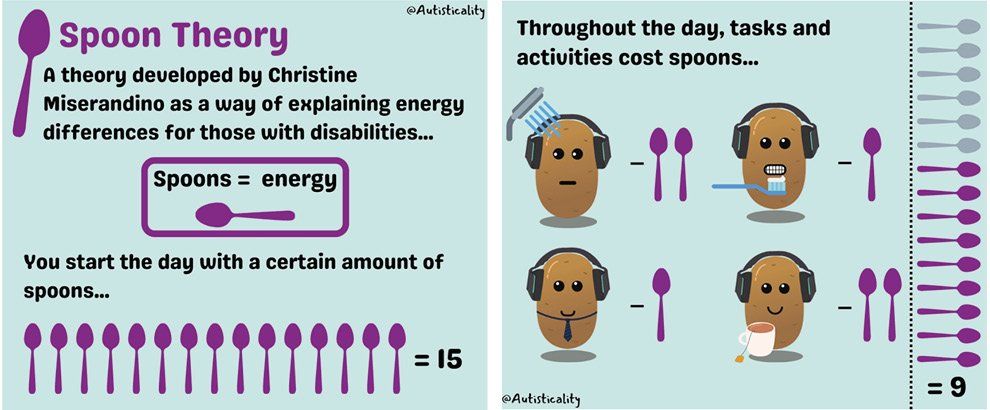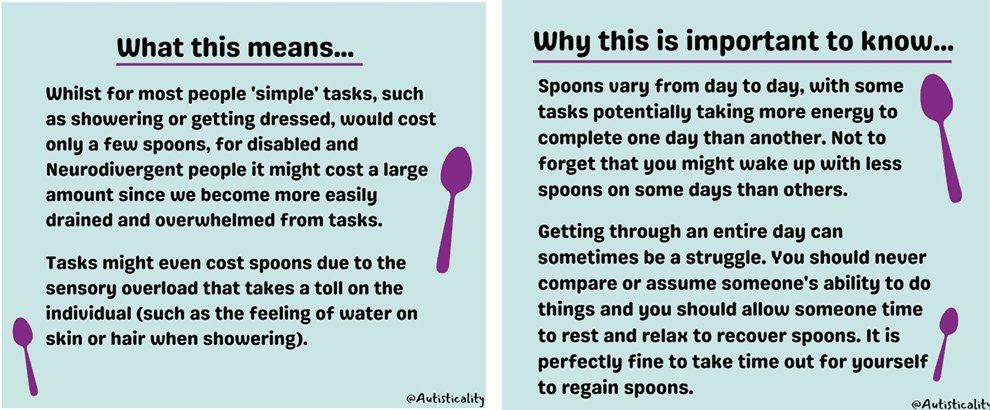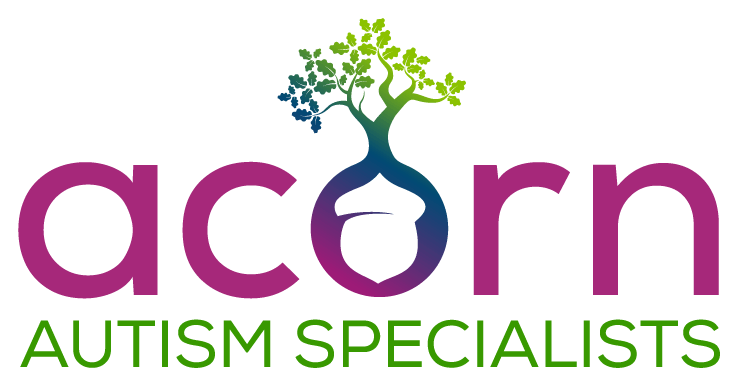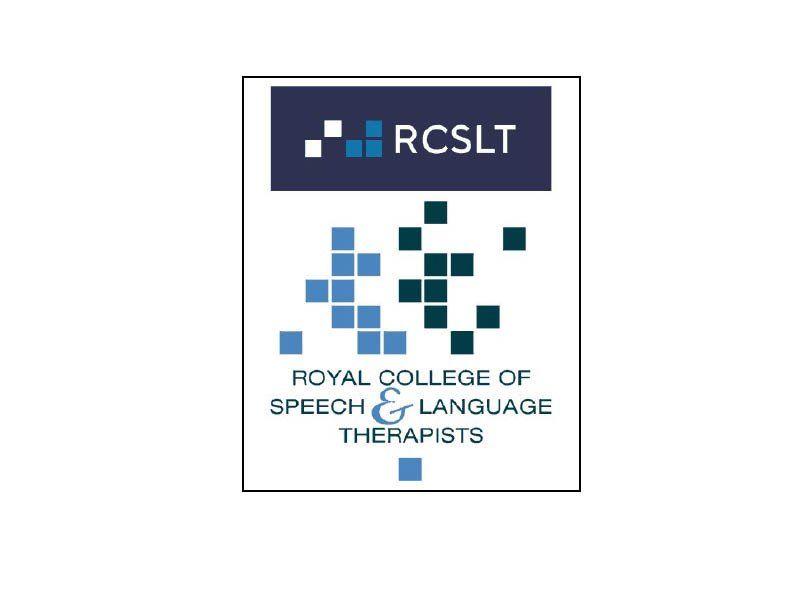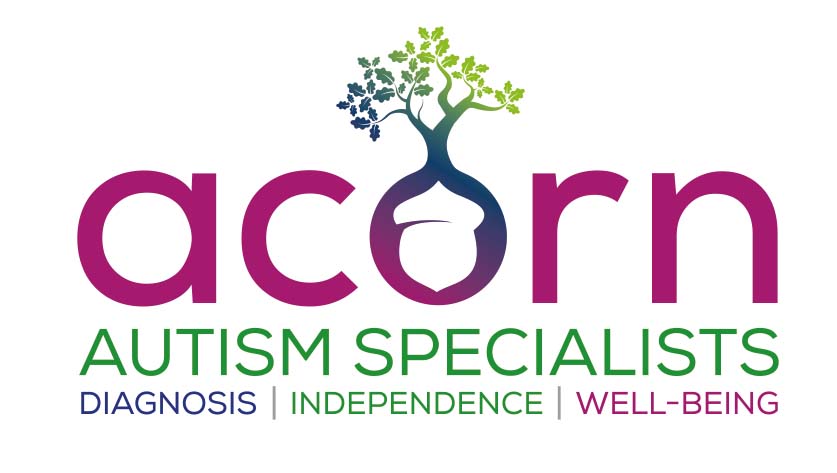Fatigue, exhaustion and then burnout can happen to anybody. Being autistic can make fatigue and burnout more likely, due to the pressures of social situations and sensory overload. Trying to cope with these pressures can lead to exhaustion (autistic fatigue) and over time can lead to extreme exhaustion or autistic burnout.
Autistic burnout is a term developed by members of the autistic community to describe an experience of “extreme depletion in autistic individuals following a period of long-term stress or acutely stressful experience”.
Autistic fatigue and burnout is described as exhaustion with additional difficulties, such as:
- Increased sensory sensitivities
- Physical pain and headaches
- Physically shutting downs, including loss of speech
- Brain fog- word finding difficulties, slower processing, difficulties problem solving
Autistic Fatigue and Burnout
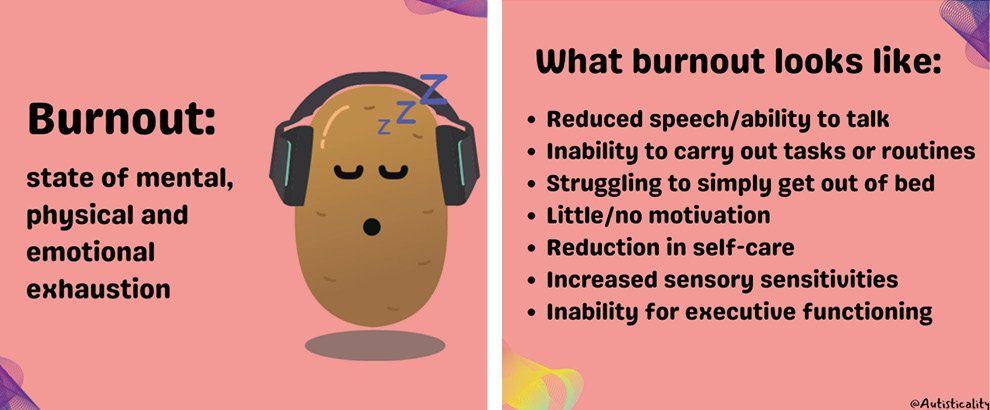
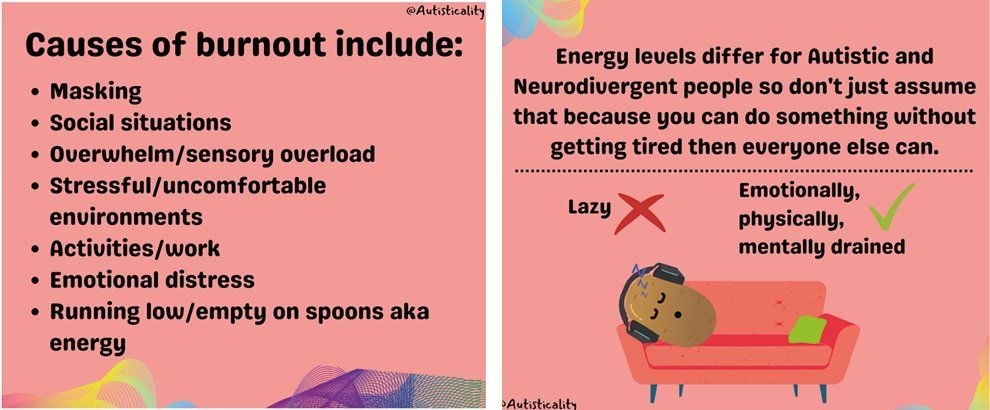
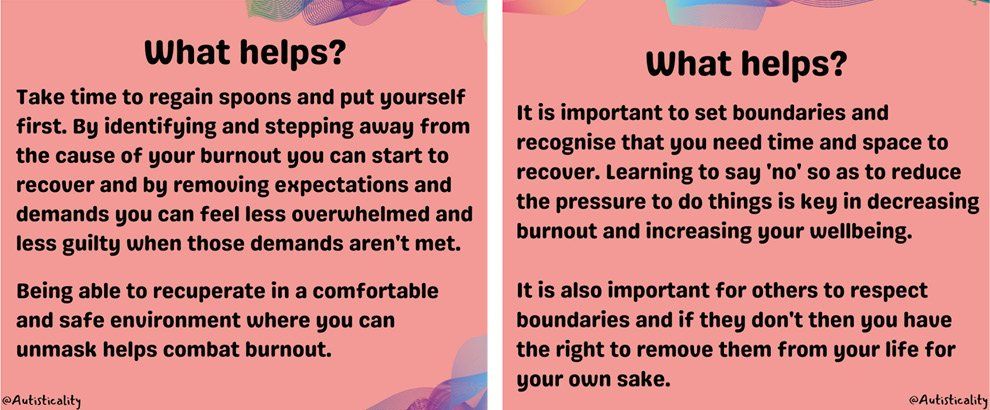
Autistic, neuro-divergent and people with or without an official diagnosis of Autism Spectrum Disorder are more likely to experience mental health problems and autistic burnout.
The causes of this are not entirely clear, but are likely to be due in part to the pressures of living in a world that is not well adapted to neurodiversity, the expectations of others and our own beliefs about ourselves.
Things that may help
- Time off and rest
- Energy accounting
- Time without camouflaging
- Reducing expectations
- Becoming empowered in realising one’s true self
- Engaging in self soothing activities
- Changing one’s environment
Spoon Theory
